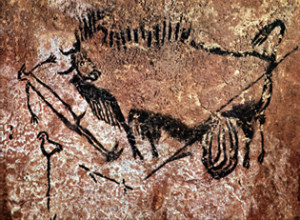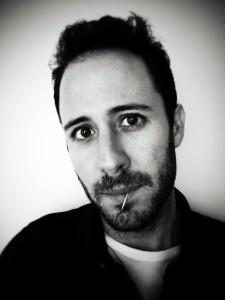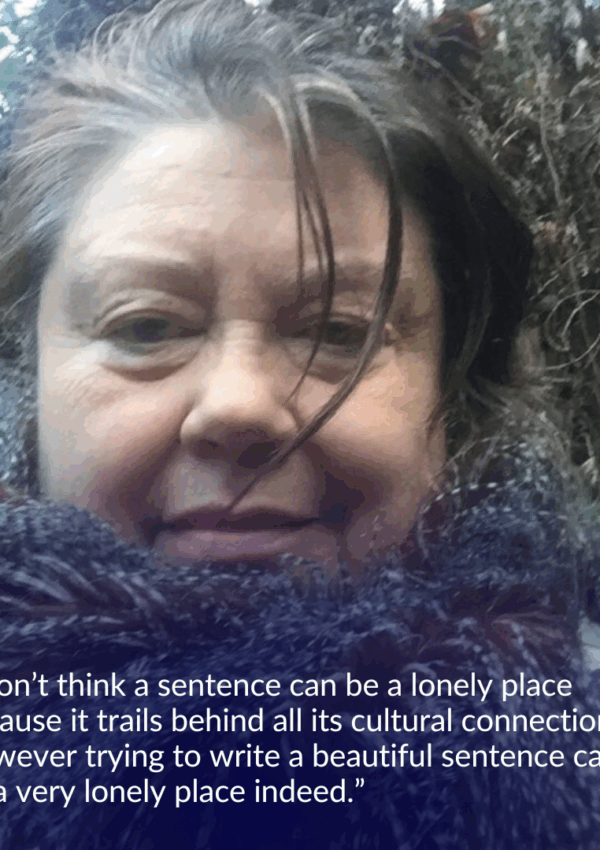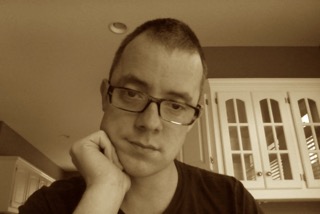The only job I ever had in which no bellyaching existed was when I was nine, and I’d ride my bike around town, knocking on doors, asking neighbors if they needed any work done in their homes. (I watched a lot of Bob Vila’s This Old House as a kid, but didn’t possess any of his skills… other than wearing flannel and jeans.) Many residents would say yes—probably more out of shock than anything else—and I would enter and, most of the time, vacuum or dust or organize books. It was a way for me to make money without having to bother my mother to squeeze lemonade so that I could sell it along the main road. The best part of the job was the payment—whatever the resident of the home wanted to pay me. I left it up to them. And thus, most of the time, the person was seized by their conscience and ended up paying me far too much. (Except for one woman, who poured me a half a can of Tab after every visit.)
But as I accrued more laps around the sun, the jobs changed and kvetching became a part of work as much as wrinkled shirts and cold coffee. Sometimes it was comical, and a good way to “vent”—people expressed their frustrations at a Friday happy hour, over three-buck margaritas, and got it “off their chest.”
When I worked at a massage place (I know, I know), the complaining was about the hours, the clients, the piped-in Michael Bolton. Later, as an elementary school teacher, the grumblings targeted the administration and the old textbooks and walls not being “decorated” enough. And now, as a writer, I hear it, too. When we’re gathered at AWP or when I’m on the road, promoting my book. And it’s all valid. Writing is tough. Art is tough. One part of it is blithe freedom: the blank page, the excitement of plot and suspense, and putting a piece of work into the world with the hopes it’ll connect. But the other part is crippling doubt and fear and rejection. I don’t have to tell you.
But that fear is what makes it worthwhile. It really is. It makes our blood stir. Even after getting to the desk every morning for the last seven years, I’m still nervous. This craft has nothing to do with my nine-year-old self’s job, pedaling my red Huffy up and down L.A. streets, searching for housework (though I think he’d be proud that we’re not doing that any longer). Art has to do with the responsibility of creation. A culture of bringing characters to life, giving meaning to their worlds, and hoping that in some way, change will be delivered—maybe to our characters, maybe through our characters.
Fear is an emotion that tells you something is meaningful—that’s all. When you first fell for someone as a teenager, the phone rang (no texts back then), and your fingertips would tremble, and your heart would thunk hard enough to seemingly break your ribs, and you’d be terrified of doing something dumb, saying something stupid, and you’d pray that you could be cool for just thirty seconds, do anything but pluck the phone from the receiver and spout, “Ahoy, lovely madam.” (Not that I know anything about saying that.)
Storytelling is a marvel, and that’s why we feel intimidated. We want to get close to it without touching it, without ruining it, but we can’t destroy it. We won’t. We’ll only add to it. As my grandma used to say, “The sea takes all rivers.”
 When I’m on the road, part of my spiel is talking about how fascinated I am with the Lascaux cave paintings in France, from over 17,000 years ago.
When I’m on the road, part of my spiel is talking about how fascinated I am with the Lascaux cave paintings in France, from over 17,000 years ago.
No one knows exactly why they were painted. Some believe it was to document hunts, while others think it could have been a way of keeping organized. But if that’s all they were—a system of planning, so to speak—why all the detail and color and variance? Could it be that they were telling stories? Could it be that at a time when life was determined by food, water, and shelter, the need for storytelling was as fundamental to survival as sustenance?
We are doing ancient work. Important work. And with that comes trepidation and anxiety, but we must do like the cave dwellers in Lascaux, and dip our brushes in color and smear our paints on the wall. Until every centimeter is covered.
 Mathieu Cailler is a writer of poetry and prose. His work has been widely featured in national and international publications, including Epiphany, the Los Angeles Times, and The Saturday Evening Post. A graduate of the Vermont College of Fine Arts, he has been a finalist for the Glimmer Train New Writers Award, the New Rivers Press American Fiction Prize, and the Carve Magazine Raymond Carver Short Story Award. He is the recipient of a Short Story America Prize for Short Fiction and a Shakespeare Award for Poetry. He is the author of Clotheslines (Red Bird Chapbooks), Shhh (ELJ Publications), and Loss Angeles (Short Story America Press), a finalist in short-story fiction for the 2016 International Book Award. For more information, please visit mathieucailler.com.
Mathieu Cailler is a writer of poetry and prose. His work has been widely featured in national and international publications, including Epiphany, the Los Angeles Times, and The Saturday Evening Post. A graduate of the Vermont College of Fine Arts, he has been a finalist for the Glimmer Train New Writers Award, the New Rivers Press American Fiction Prize, and the Carve Magazine Raymond Carver Short Story Award. He is the recipient of a Short Story America Prize for Short Fiction and a Shakespeare Award for Poetry. He is the author of Clotheslines (Red Bird Chapbooks), Shhh (ELJ Publications), and Loss Angeles (Short Story America Press), a finalist in short-story fiction for the 2016 International Book Award. For more information, please visit mathieucailler.com.
You can read Mathieu’s story, “A Poodle in the Desert,” in Black Fox Issue 10.




I loved this! Thanks for the encouragement to try and keep trying! Facing my fear is key for that.